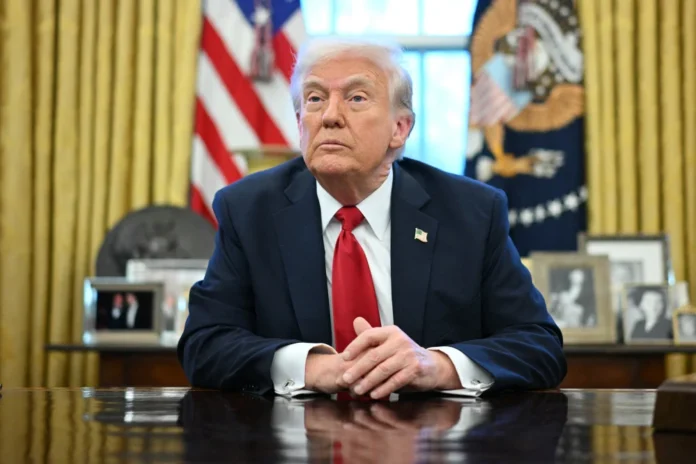Harvard on Monday pushed back against a series of demands issued by the administration of U.S. President Donald Trump.
The move came in response to the administration’s announcement that it would hand over control of the university to a conservative-led oversight body, framing elite schools as being overly influenced by leftist ideologies.
Shortly after Harvard stood its ground, Trump’s administration retaliated by freezing $2.3 billion in federal funding allocated to the institution.
This action followed a statement from the administration last month, revealing that it was reviewing $9 billion in federal contracts and grants linked to Harvard. The review is part of a broader initiative to crack down on what officials claim is a rise in antisemitism stemming from pro-Palestinian campus protests over the past year and a half.
On Monday, a task force from the Department of Education dedicated to addressing antisemitism accused the Ivy League school of fostering a problematic culture of entitlement, a sentiment it said is widespread among the nation’s elite academic institutions. The task force claimed that Harvard believes federal funding can be accepted without complying with civil rights obligations.
The confrontation has intensified an already tense standoff between the Trump administration and some of the most affluent universities in the world, sparking broader debates around academic freedom and freedom of expression.
The administration has now halted hundreds of millions of dollars in federal support to multiple universities, insisting that the schools implement policy reforms and accusing them of not doing enough to combat antisemitism on their campuses.
In a letter made public on Monday, Harvard President Alan Garber said the Department of Education’s recent demands would essentially grant the government control over the university and undermine its mission as a private institution dedicated to research and learning.
“No government – regardless of which party is in power – should dictate what private universities can teach, whom they can admit and hire, and which areas of study and inquiry they can pursue,” Garber stated.

